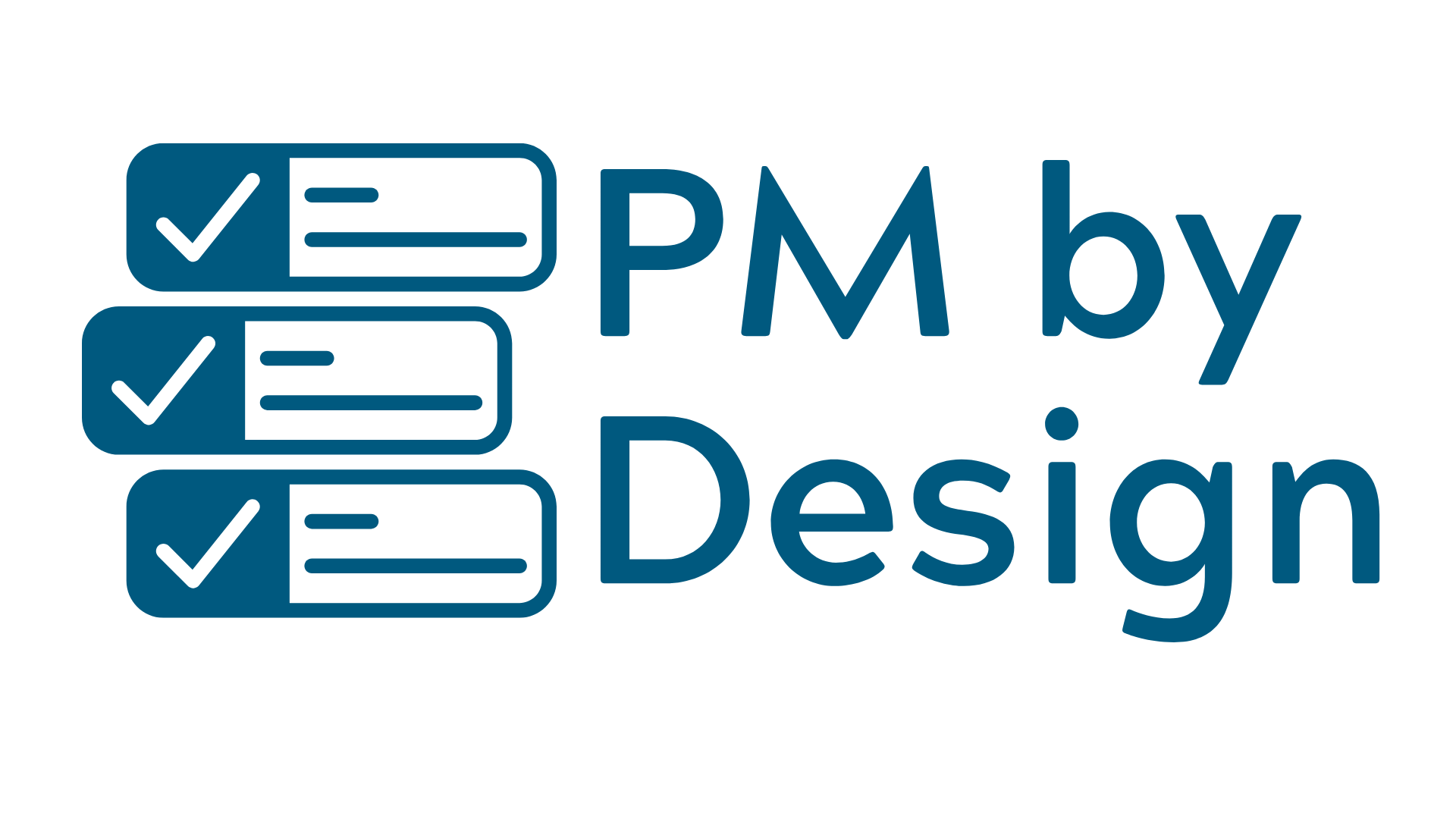What is an Executive Sponsor in project management?
An executive sponsor is a senior leader within an organization who provides strategic oversight, support, and advocacy for a project. While the project manager handles the day-to-day details, the executive sponsor ensures alignment with organizational goals, secures necessary resources, and champions the project’s value to stakeholders.
Key responsibilities of an executive sponsor include:
- Providing guidance on the project’s alignment with institutional priorities.
- Advocating for resources, such as funding or personnel, when needed.
- Addressing any roadblocks that require executive-level authority to resolve.
- Keeping senior leadership informed of the project’s progress and challenges.
In higher education, executive sponsors often play a critical role in large-scale initiatives, such as launching a new strategic plan or implementing a campus-wide technology system. For example, in a project to overhaul student advising, the provost might serve as the executive sponsor, ensuring that academic leaders and staff have the support needed to achieve success.
What are the benefits of having an Executive Sponsor?
Having an engaged executive sponsor can significantly impact a project’s success. Key benefits can include:
- Strategic Alignment: The executive sponsor ensures that the project aligns with the institution’s goals and mission, avoiding unnecessary or misaligned efforts.
- Resource Advocacy: Sponsors can secure critical resources, such as additional funding, technology, or staffing, to keep the project on track.
- Roadblock Removal: When obstacles arise, the sponsor’s authority enables them to address challenges that might be beyond the project team’s control.
- Stakeholder Confidence: Sponsors provide a visible endorsement of the project, building trust and confidence among stakeholders and increasing buy-in.
- Guidance and Mentorship: Their senior-level perspective can help the project team navigate complex decisions and stay focused on high-level objectives.
For example, in implementing a new learning management system (LMS), an executive sponsor might intervene to resolve interdepartmental conflicts or provide additional funds for unexpected costs.
Where might you see Executive Sponsors in higher education?
Executive sponsors are involved in projects across various domains in higher education, such as:
- Technology implementations, where a Chief Information Officer (CIO) might sponsor the rollout of a campus-wide data analytics platform.
- Strategic planning, where a president or provost could sponsor the development of a new five-year strategic plan.
- Diversity, equity, and inclusion initiatives, where a Vice President for Diversity might sponsor programs aimed at increasing equity in hiring practices.
- Capital projects, where a Vice President for Finance might sponsor the construction of a new student center or residence hall.
An executive sponsor often serves as a critical ally in ensuring that projects succeed. By providing strategic oversight, advocating for resources, and navigating organizational challenges, sponsors play a key role in achieving meaningful outcomes.
A step-by-step guide for leveraging an Executive Sponsor
Maximizing the value of an executive sponsor requires a strategic approach. Here’s how to ensure they can support your project effectively:
- Outline the specific responsibilities and expectations for the executive sponsor, ensuring they understand their role in the project’s success.
- Schedule regular check-ins to update the sponsor on progress, challenges, and key decisions, and use concise, high-level summaries that respect their time.
- Equip the sponsor with the information they need to advocate for the project, such as budget details, progress reports, or stakeholder feedback.
- Engage the sponsor when high-level decisions need to be made or when challenges require executive authority to resolve.
- Acknowledge the sponsor’s efforts where possible and demonstrate how their support has positively impacted the project.
Reflective questions
- Have you worked on a project with an executive sponsor? How did their involvement impact the project?
- What types of projects in your role could benefit from having an executive sponsor?
- How might you effectively engage an executive sponsor to address challenges or advocate for resources?
- What are some of the key differences between a project manager and an executive sponsor?
- What strategies could you use to ensure clear communication with an executive sponsor?
- Who in your organization could serve as an executive sponsor for an upcoming initiative?
